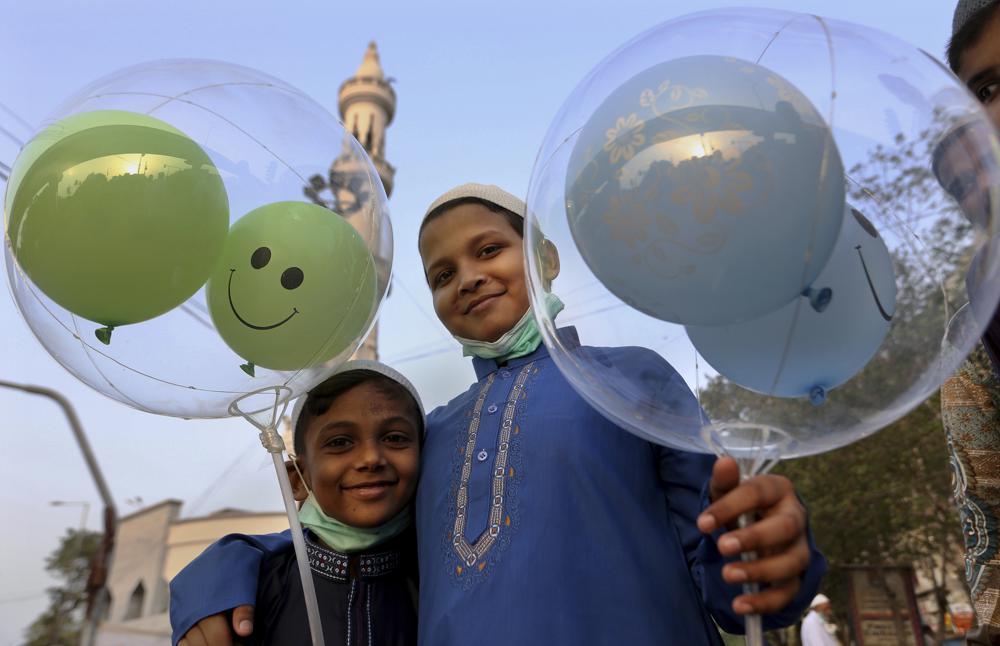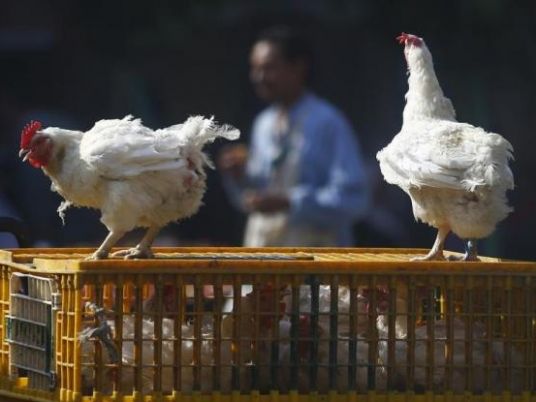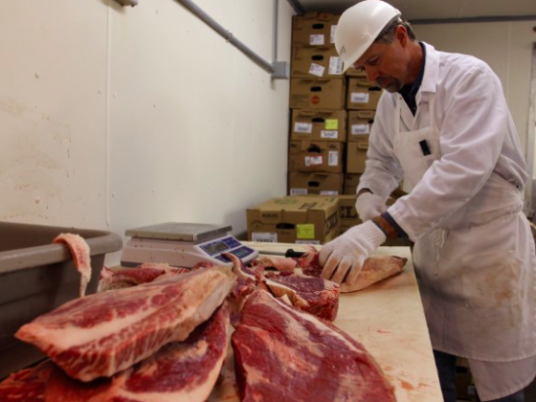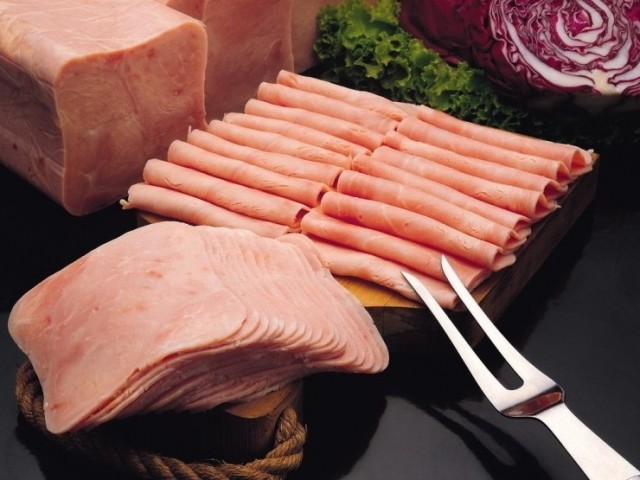
The Ministry of Supply is working with food holding companies and banks to ensure the supply of affordable meat for the Eid al-Adha feast this year, aiming to keep prices down while providing loans for those in need.
Food holding companies working under the ministry have ordered large quantities of fresh and frozen meat, as well as livestock for the slaughter ritual, aiming to sell it at reduced prices, according to a ministry statement.
The ministry has also arranged payment plans for those on limited incomes, in cooperation with several food holding companies, Bank Misr and Qatar National Bank.
Among the companies taking part in the payment-plan system is the Alexandria Food Holding Complex, which is selling live sheep on payment plans arranged with the two banks.
People purchasing the sheep will have to pay 10 percent of the sheep’s price up front, with the rest paid in installments over a certain period of time, one year for Bank Misr and six months for QNB with interest. Buyers can even choose which breed of sheep they would like, and prices vary accordingly.
In a statement, the ministry said meat and livestock will be available at all Cairo branches of food holding companies run by the ministry, as well as other outlets in a number of other governorates. In August, the ministry announced that 5,000 tons of meat and 20,000 tons of chicken had been supplied to the food holding companies, who will distribute the meat through their outlets all over Egypt during Eid.
Whilst it is not compulsory in Islam to slaughter sheep for the feast, it has become customary and most Muslims in Egypt take part to some degree. The symbolic ritual is meant to commemorate the slaughter of a sheep by the religious figure Abraham, and the act is believed to bless those who are responsible for it.
However, many Muslims in Egypt cannot afford the price of a sheep, and will therefore feel left out of the ritual celebrations each year.
According to Mohamed Sedky, the head of the Alexandria Company for Consumer Complexes, the company has also co-ordinated with charities such as ِthe Misr al-Kheir Foundations, Al-Orman and the Egyptian Food Bank, to have people pay for the sheep to be slaughtered and then donated to less wealthy people. Those making a contribution receive an invoice from the charity that documents their contribution to making Eid a fuller experience for someone else.
Sheikh Abdel Aziz, secretary general for fatwas at the Islamic Research Academy, told Egypt Independent, “It’s an important ritual, the slaughtering of the sheep, but it is not one that is compulsory for all Muslims. It is expected from those who are financially able to take part in it, and there is more to celebrating Eid than just the slaughter.”
He explained that the Quran definitively states that the ritual is entirely for those who are able to do it, and that people should not stretch themselves too thin to take part in it.
The Quran says that the spirit and blessing of Eid is not lessened if people aren’t able to take part in the slaughter, he explained, adding that people often get themselves in too much debt in order to take part.
He also expressed his disapproval at the interest charged on the loans provided by banks, saying that such interest is not allowed in Islam and goes against the core values of Eid.




